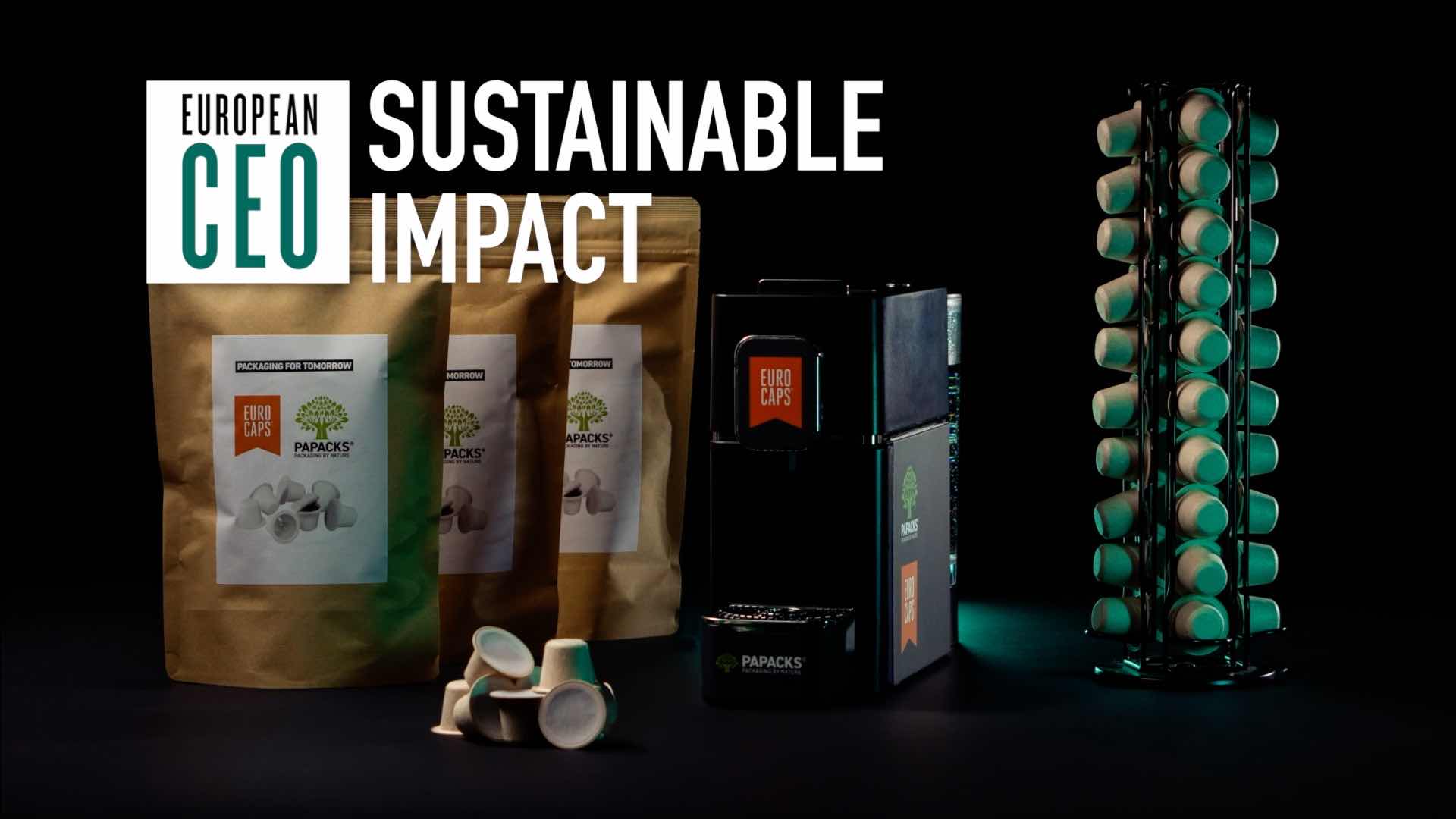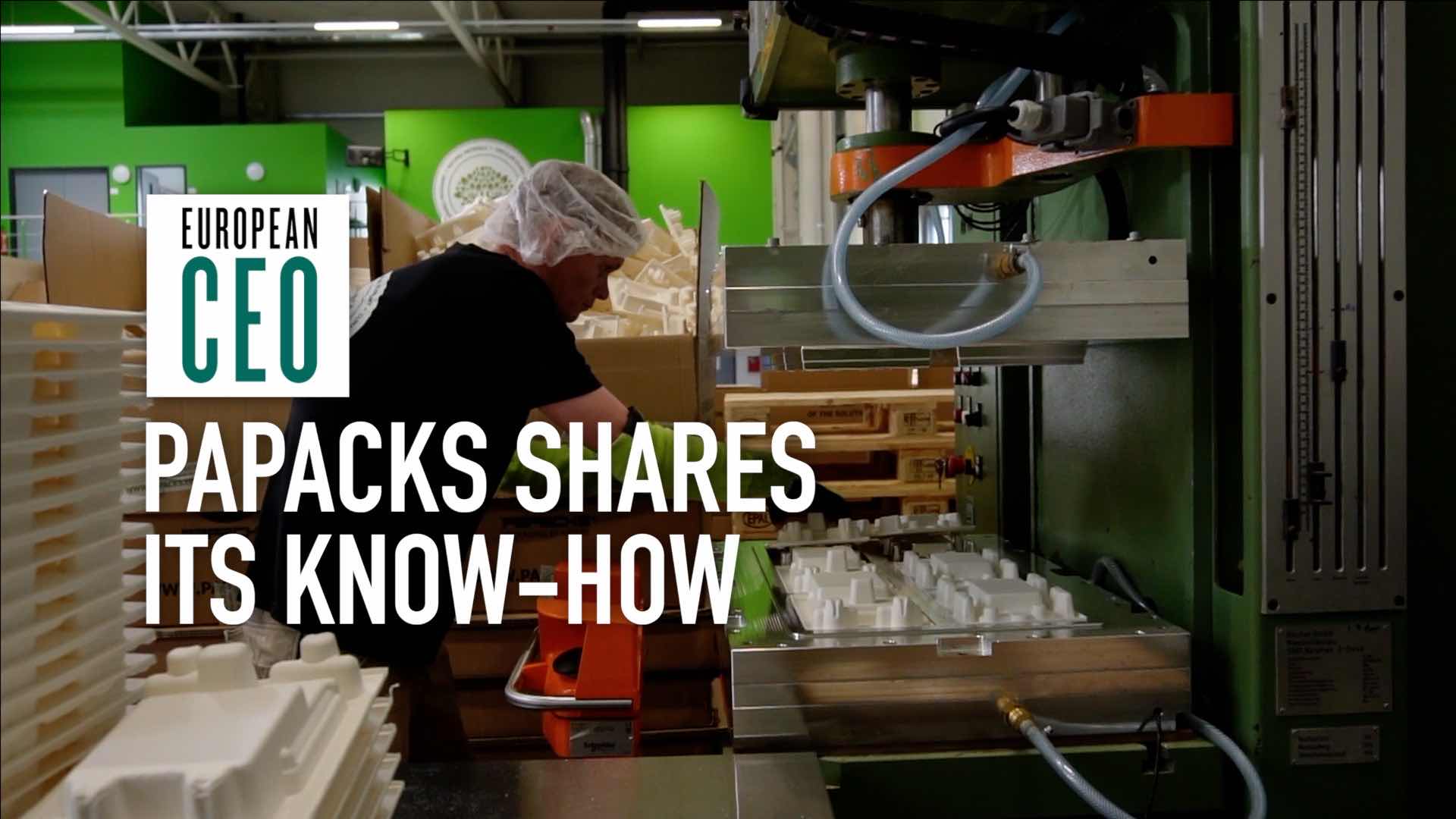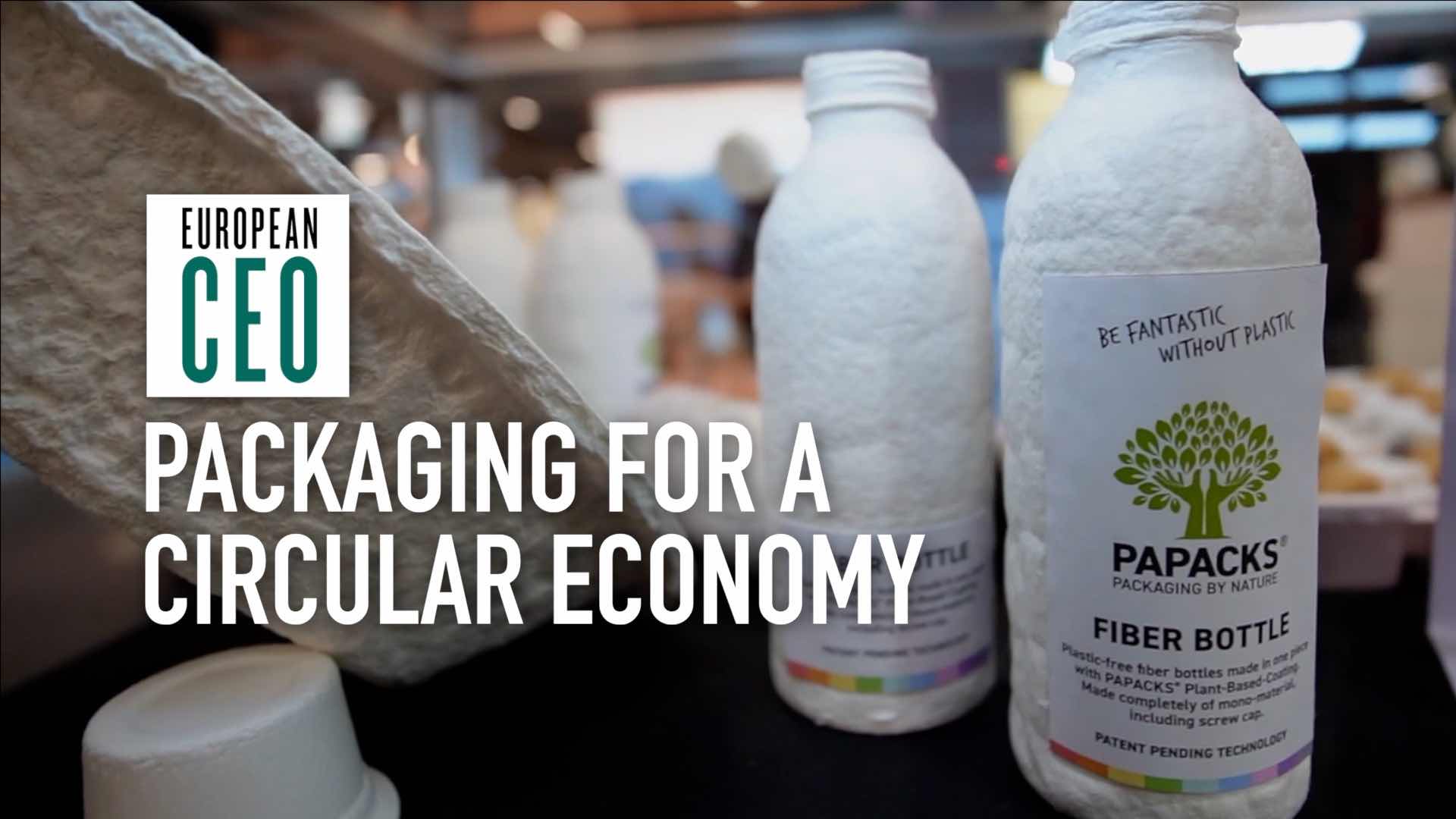From global phenomenon to cult favourite: localising a brand
An innovation expert sheds light on how global companies are increasingly being called upon to structure their enterprises in an agile manner
Transcript
David Butler, vice president of innovation and entrepreneurship at The Coca-Cola Company, and author of Design to Grow, How Coca-Cola Learned to Combine Scale and Agility (and How You Can Too) speaks to European CEO about the secret to tapping into a local consciousness.
Going from global phenomenon to local cult favourite is a path untravelled for many businesses. Here to share some tips on the way forward for those aspirational few, David Butler, Coca-Cola’s Vice President of Innovation and Entrepreneurship.
European CEO: David, how would you advise a global brand looking to appeal to local tastes in various regions?
David Butler: Designing for agility is what every company is looking for, especially large multinational companies. So the way I would answer that is the way that we wrote about in the book, and it’s essentially, if you think about legos, lego has fixed and flexible elements.
Fixed is the core set of bricks that come with every set, and the way they connect. They never change those, for 50 years. The flexible elements, the Harry Potter blocks, if you’re into Harry Potter, you can make Hogwarts castle, those things change with the times, so that approach of designing fixed and flexible elements across your business is how, at least the Coca-Cola Company, localises.
European CEO: So how can you be sure that this process can be scalable for other companies?
David Butler: Surprisingly, we use that approach to packaging, we use that same approach to distribution, we use that same approach across our business. Again, creating fixed and flexible elements is the approach that we use to stay agile.
European CEO: And is this adaptable to any region, any marketplace?
David Butler: Yes.
European CEO: How so?
David Butler: Let me give you an example. So in developing regions like Southeast Asia, countries in Africa, oftentimes getting our products to the physical shelf is quite difficult. Imagine, if you’ve been to, I was just in Veitnam, Ho Chi Minh City in the middle of rush hour with the rain, it can take two and a half hours just to get through the city. So imagine trying to drive a big red truck and deliver our product to the shelf.
So the things that we do, using this fixed and flexible model, is the fixed elements are our products. We put them into crates, and we have customers. So we’re trying to get those products in these crates to these customers. The way we deliver them is quite flexible. We can deliver them by donkey, by bike, by car and yes by truck. That allows us great flexibility in delivering our products to the shelf in high density urban situations, along with countryside which perhaps has a lack of infrastructure.
European CEO: We spoke off-camera about how you are a very much the unconventional executive. How long did it take for you to convince your peers to adapt and embrace this model?
David Butler: That’s a great question. I’d say we haven’t reached it yet. Honestly, a lot of the language that is used around things like innovation, design, these types of words, of disruptive technologies, are almost empty because they’re overused, and so the challenge frankly is to take those concepts, those ideas, and to translate that into the culture, the language of the company. So, to answer your question, that’s a daily process for me personally.
European CEO: But you have a track record. How does someone who is working at a middle tier business trying to convince their managers that the way forward, if you really want to hit that billion dollar mark, is not in the process that exists today? How do you advise them to really rattle and disrupt?
David Butler: Two things I’d say I’ve used throughout my career at Coke, and I just call it ‘go to where the action is.’ It’s much easier to actually go where the pull, where a business unit or team is pulling you into their problem space and to help them solve that, versus pushing an idea on someone. So I’ve used that personally across my career at Coke.
Second, and this is a whole space of innovation that is opening up for every company, to really focus on business model innovation. So not just product or service, but the actual business model, and to explore new business models, that’s a new space for especially large corporations.
European CEO: So we’re dealing right now in an age of technology, internet, people are able to be responsive and equally receive information at speeds we’ve never seen before. So, how has market data changed, and how will market data in the 21st century help someone try to get a more keen insight about a marketplace that perhaps is untapped?
David Butler: That’s a great question. We are very focussed on two things. Real-time and on-demand business models. So, I manage a seed-stage startup portfolio, and a lot of the companies inside of that portfolio are focussed on those two areas, real-time and on-demand, and honestly I think that’s where large corporations are going to be looking at going forward.
European CEO: And who’s doing it well, other than Coca-Cola?
David Butler: The so-called tech brands do it quite well. So think about Google, Apple, Amazon, Facebook. So these brands are quite familiar with this whole space, whereas you think about other brands, ours for instance has been around since 1886. This is a new space, a new area. The challenge is actually to adapt, not to ignore, but to adapt, so that’s what we’re doing.
European CEO: And what do you think is the next step for a company such as Coca-Cola to continue to adapt, as I would assume this is probably a never ending process?
David Butler: We’ve yet to see the power that can be generated when large-scaled companies like the Coca-Cola Company actually partner and co-create with startups. Think about it, this juxtaposition of very agile startups, founders, along with highly scaled companies with tremendous assets. Think about that kind of mashup, that’s what we’re doing, but I think that honestly is the future of innovation.
European CEO: Are we going to see more Vice Presidents of Innovation and Entrepreneurship popping up in big brands?
David Butler: I don’t know about the title, but I think the opportunity is there for every large company.


 Papacks CEO: ‘Working with sustainable impact makes people happy’
Papacks CEO: ‘Working with sustainable impact makes people happy’ Papacks goes global by sharing molded fiber technology in licence model
Papacks goes global by sharing molded fiber technology in licence model Think circularity: Molded fiber is the sustainable future of packaging
Think circularity: Molded fiber is the sustainable future of packaging